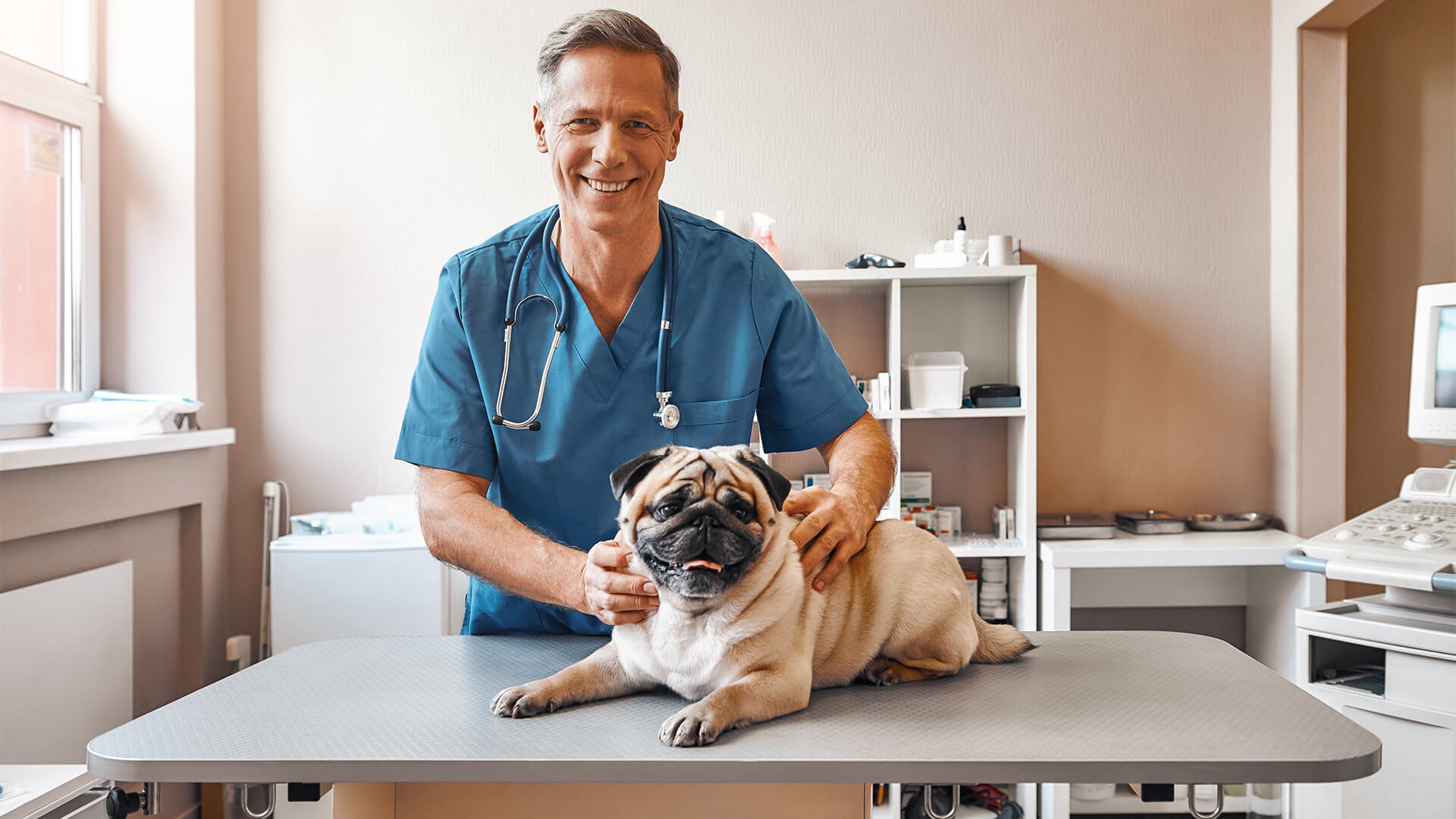
The Pet Food Manufacturer’s Association has revealed that the population of pets in the UK has significantly increased since the start of the pandemic, especially among young people looking for a companion pet during the lockdown. And this is good news for the UK’s veterinary industry.
But over the past few years, the industry has undergone mixed conditions. Revenue was expected to increase at a rapid rate. However, it has shown high volatility in the past year since the Covid-19 pandemic has forced many vet clinics to shut down temporarily. Thankfully, the industry has rebounded strongly, all thanks to the significant increase in the pet population in the UK and some other factors.
Below are some ways the veterinary in the UK is changing.
1. Acceleration of Telemedicine
Telemedicine refers to the act of practising medicine from a distance. Whenever a vet diagnoses a pet’s condition, recommends a specific treatment, or provide a prescription without ever seeing the pet in person, that practice is considered “telemedicine”. In the same way that most health services for humans have gone digital due to the Covid-19 pandemic, telemedicine has also accelerated in the vet industry. Instead of taking their pets to a vet clinic, pet owners have turned to emailing, texting, and video calling veterinarians.
Research shows a 20% increase in the number of vets offering digital or remote consultation due to the Covid-19 pandemic, and almost half of these vets have been offering online services. The surge in interest in the demand for online vet services has significantly changed how the vet industry works. This trend is expected to continue in the coming years, even when the Covid-19 pandemic is over.
One company in the UK that offers online vet services has revealed a 900% increase in the demand for their services since the lockdown started. Last November 2020, the Federation of Veterinarians of Europe published a paper assessing the use of telemedicine in veterinary care. The paper highlighted how digital health tools could increase access to vet services even in remote locations and across geographies, offering convenience to pet owners and providing them better access to veterinary services.
However, the paper also recognized that the widespread uptake post-pandemic could come with challenges unless regulatory bodies implement clear guidance regarding remote consultation, remote prescription, remote diagnoses, and the use of data.
2. More Vets Going Locum
Currently, one in four vets in the UK works as independents, either as an independent service provider or a locum vet. A locum is a person who temporarily fills in a permanent staff position. Therefore, being a veterinary locum means temporarily working as a vet, which is a short-term option to gain experience around vet practices while having the freedom to work at any time convenient for you. It’s also an excellent opportunity to travel, as some locum work requires taking up jobs in different places worldwide.
Locuming is a process where the vet locum works in short-term practices for vet clinics requiring extra staff to manage the increased workload or cover staff shortage due to sickness, holidays, etc. Working as a vet locum can be enjoyable and exciting in your veterinary career. It offers excellent flexibility and balance to your life.
Perhaps you wanted to learn and experience other clinical practices, or you may be frustrated in your current position and seek change. Others would take up locuming to earn extra bucks since they are saving up for something, while some would just want to take things a bit easier for a while. So instead of working full time, they only want to take up locum work in the meantime. Whatever the reasons are, working as a locum vet does come with many advantages. You can work on your own terms, take up work at any time convenient to you, and increase your earnings at the same time.
Take note that you are not limited to locum vet jobs within the UK, when working independently. You can take up jobs anywhere you want, from Europe to Australia and New Zealand, which is also an excellent opportunity to travel. If you do not fancy travelling far, there will surely be plenty of locum opportunities within a few miles from where you live. Given all the benefits that come with working as a locum vet, it’s not surprising why so many vets have taken up locuming jobs.
3. More Females Enter the Sector
It’s been found that around three-quarters of new vets are female. Experts predict that this trend has been this way for a long time now. There are many reasons behind these, although all of these are merely speculative. Some say that this could partly be due to the popularity of veterinary TV programmes, which attracts a broader demographic. It could also be due to the improvement in sedatives as restraints for larger animals, making it easier and more manageable for females. The increasing pet population in the UK could be a factor, too.
Another reason behind the rise of female vets is that corporate practices have now been found to have much more transparent and standardised salaries. While this is a good thing in itself, corporatisation brings a perceived ceiling to wages that have been seen as one of the reasons why there’s an increasing number of females entering the vet industry. Most men would prefer to receive higher salaries and would therefore gravitate towards STEM careers that tend to pay more. As a result, high corporatisation rates may have, in part, encouraged men to stay away from a veterinary career, but not the case for women.
Finally, the veterinary industry seems to include another data point to the theory that if an industry starts to become more female-oriented, the salary level could drop. This can also work the other way around, where computing has become something that’s performed mainly by men instead of being a menial job carried out by women. As a result, the salary level in this field could start to shoot up.
















